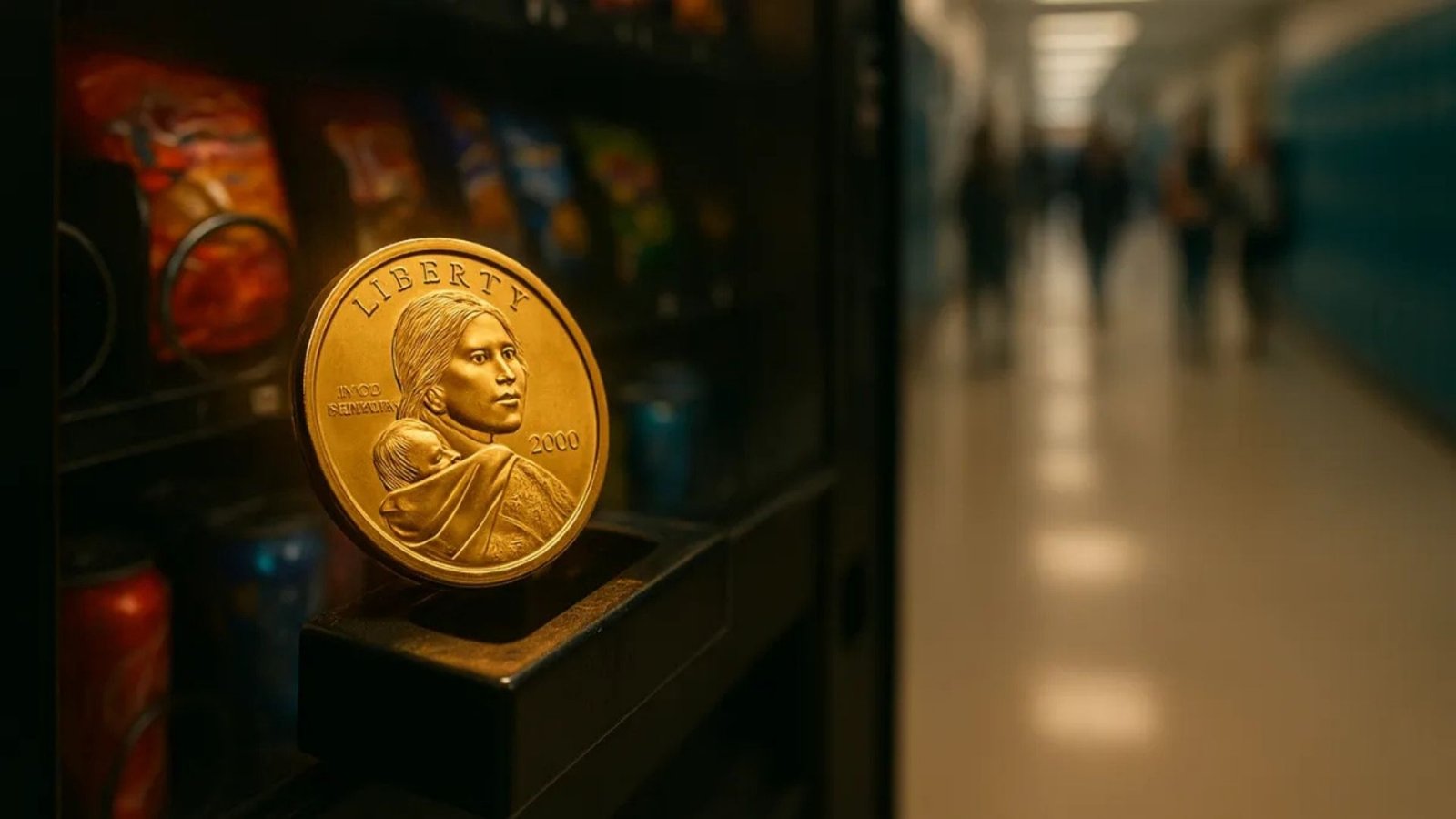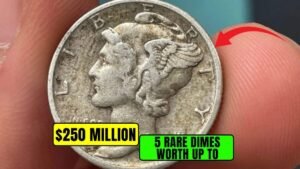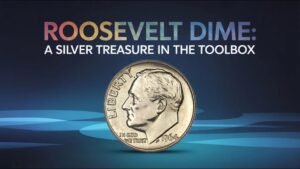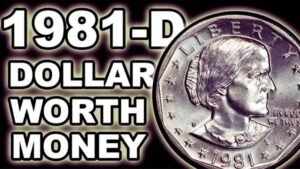A simple snack run turned into a collector’s dream when a Sacagawea dollar was discovered in a school vending machine. This rare coin, often overlooked, has ignited excitement among students, teachers, and coin enthusiasts alike. What makes this find so special? Read on to uncover the story behind this golden discovery.
What Is the Sacagawea Dollar?
The Sacagawea dollar was first minted in 2000, featuring the Shoshone woman who helped guide Lewis and Clark. Its golden hue and smooth edge make it instantly recognizable. Despite millions minted, certain years and mint errors have become highly sought after by collectors.
History and Origin of the Sacagawea Dollar
The coin honors Sacagawea, a symbol of courage and exploration. Designed by artist Glenna Goodacre, the dollar was introduced to replace the Susan B. Anthony dollar, offering a visually appealing coin that could gain wider circulation. Special editions and low-mintage issues have turned some into collector’s items.
Why This Discovery Is Exciting Today
Finding a Sacagawea dollar in everyday circulation is rare, especially in pristine condition. Some coins from the early 2000s, particularly certain mintmarks, can be worth hundreds or even thousands of dollars. This discovery has students checking their own pockets for hidden treasures.
How to Spot Valuable Sacagawea Dollars
Look for coins with unusual mintmarks, clear dates, or errors. Coins in high grades, uncirculated condition, or special commemorative releases hold the most value. Even coins from vending machines or pocket change can occasionally turn into surprising finds.
Notable Sacagawea Dollar Facts
- The original coin contained a copper core clad in manganese-brass, giving it a distinctive golden color.
- Key collectible years include 2000-P, 2000-D, and 2001-P, especially in proof sets.
- Some errors, such as missing or doubled digits, drastically increase collector value.
Valuable Sacagawea Dollars by Year and Mint
| Year | Mint | Key Feature | Estimated Value |
|---|---|---|---|
| 2000-P | Philadelphia | First strike, uncirculated | $50–$300 |
| 2000-D | Denver | Low-mintage, rare errors | $40–$200 |
| 2001-P | Philadelphia | Proof set, pristine condition | $30–$150 |
| 2002-P | Philadelphia | Rare die variations | $25–$100 |
| 2003-P | Philadelphia | Proof or uncirculated errors | $20–$75 |
Tips for Collectors
| Tip | Explanation |
|---|---|
| Check Mintmarks | Rare mintmarks increase value |
| Look for Errors | Misprints or doubled images are prized |
| Preserve Condition | Coins in mint condition fetch higher prices |
| Consider Proof Sets | Limited editions are more valuable |
| Consult Experts | Grading and authentication help set value |
Expert Insights
Numismatists emphasize that coins discovered in circulation, like this vending machine find, can sometimes hold hidden value. Even coins from the 2000s can appreciate, especially if they remain uncirculated. Always handle coins carefully and consider professional grading for valuable pieces.
FAQs
Q: Are all Sacagawea dollars valuable?
A: Not all, but early mint years and error coins are especially prized.
Q: How do I know if my coin is rare?
A: Check the year, mintmark, condition, and any unusual features or errors.
Q: Where can I sell a valuable Sacagawea dollar?
A: Coin dealers, auctions, and certified online marketplaces are recommended.
Conclusion: A Coin Discovery Sparks a New Hobby
This Sacagawea dollar discovery reminds us that even ordinary circulation can hide extraordinary treasures. From vending machines to pocket change, coins have stories waiting to be uncovered. Students and collectors alike are now inspired to examine the coins in their hands — one could be the next big find.




